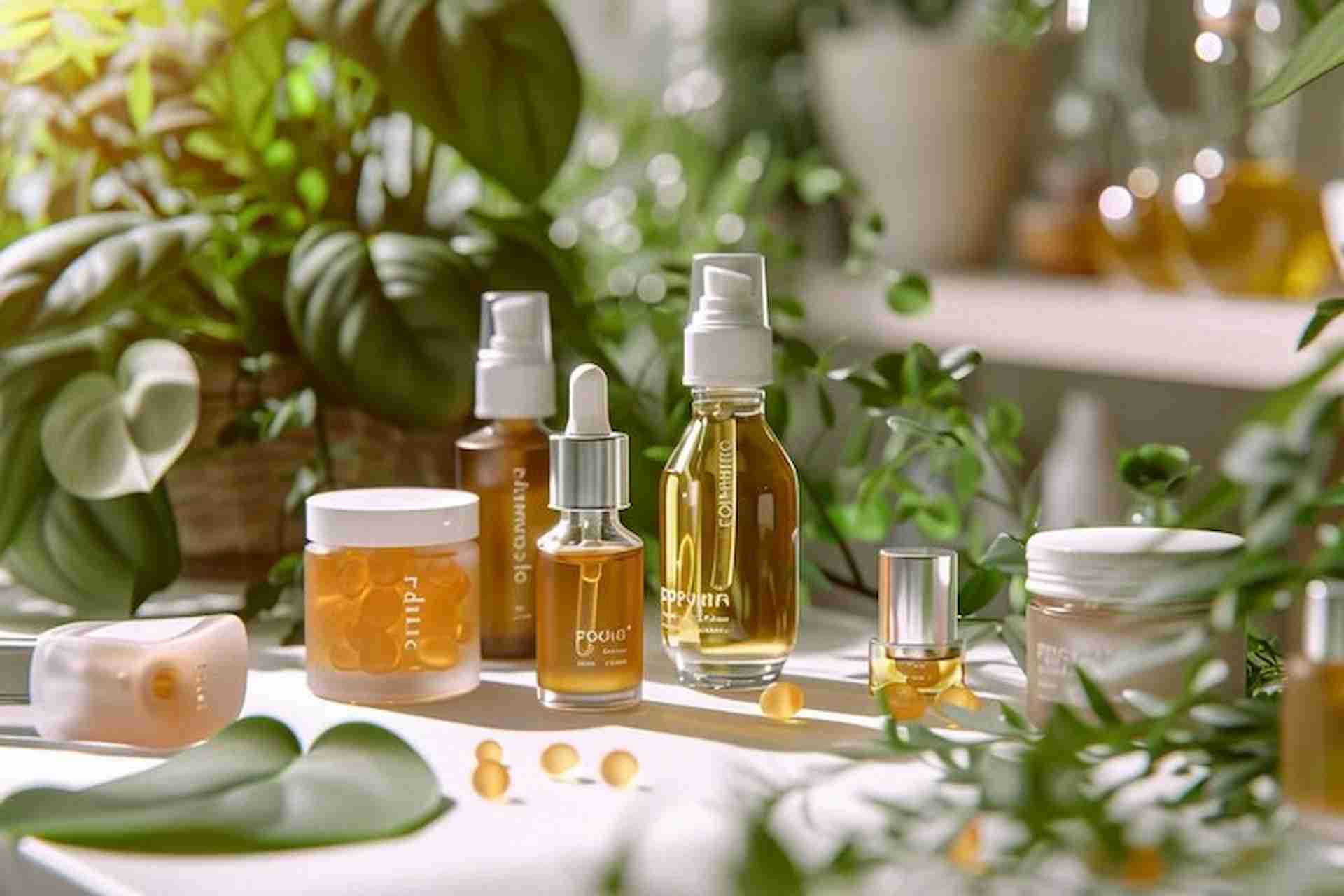Eco-Friendly and Sustainable Moisturizing Cosmetic Oils for Conscious Consumers
Our choices in beauty and skincare products hold significant weight in a world increasingly focused on sustainability and eco-friendliness. The demand for natural, ethical, and eco-friendly moisturizing cosmetic oils is rising. These oils offer incredible benefits for our skin and align with a conscious lifestyle that prioritizes the health of our planet. This blog post will delve into sustainable, nourishing skincare oils, their benefits, and why they should be a staple in your beauty routine.
The Rise of Eco-Friendly Beauty
The beauty industry has seen a seismic shift towards sustainability. Consumers are now more informed and aware of the environmental impact of their purchases, leading to a growing preference for products that are not only effective but also environmentally responsible. Eco-friendly revitalizing cosmetic oils fit perfectly into this new paradigm. Derived from natural sources and often packaged in recyclable materials, these oils offer a guilt-free way to maintain healthy, glowing skin.
Benefits of Moisturizing Cosmetic Oils
Moisturizing cosmetic oils provide many benefits that make them a superior choice for skin care. Here are some key advantages:
- Deep Hydration: Moisturizing cosmetic oils penetrate deeply into the skin, providing intense hydration. Unlike water-based moisturizers that may evaporate quickly, these oils form a barrier that locks in moisture, ensuring your skin stays hydrated for longer. Ingredients like jojoba, argan, and coconut oil are particularly effective in offering deep, long-lasting moisture.
- Rich in Nutrients: Many nourishing skincare oils contain essential fatty acids, vitamins, and antioxidants. These nutrients nourish the skin, promote cell regeneration, and combat signs of aging. For example, rosehip oil is renowned for its high vitamin A and C content, which helps to reduce wrinkles and improve skin tone.
- Suitable for All Skin Types: One of the great advantages of moisturizing cosmetic oils is their versatility. They can be tailored to suit all skin types, from dry and sensitive to oily and acne-prone. For instance, argan oil is light and non-greasy, making it suitable for oily skin, while avocado oil is deeply nourishing for dry skin.
Sustainable Sourcing and Production
Revising cosmetic oils from sustainable sources is crucial for minimizing environmental impact. Ethical brands prioritize sustainable farming practices, fair trade, and eco-friendly production. Here are some aspects to consider:
- Organic and Fair Trade Certifications: Look for certified organic and fair trade oils. These certifications ensure that the oils are produced without harmful pesticides and that the farmers and workers involved are paid fairly and work in safe conditions. Brands like Neal’s Yard Remedies and Dr. Bronner’s are known for their commitment to ethical sourcing.
- Eco-Friendly Packaging: Packaging is another critical aspect of sustainability. Many eco-conscious brands use recyclable or biodegradable packaging to reduce waste. For instance, companies like Ethique and Plaine Products offer refillable and compostable packaging options, reducing the need for single-use plastics.
- Supporting Biodiversity: Sustainable production also involves supporting biodiversity. Brands that source their oils from diverse ecosystems help to preserve these habitats and promote environmental health. For example, harvesting marula oil from wild trees in Africa supports local communities and helps maintain biodiversity.
Combining Moisturizing Cosmetic Oils with Other Sustainable Products
To create a holistic, eco-friendly skincare routine, combine revitalizing cosmetic oils with other sustainable products. This approach ensures that every skincare regimen contributes to a healthier planet. Here are some suggestions:
- Moisturizing Body Gel: Incorporate a moisturizing body gel into your routine for an extra layer of hydration. Look for gels made from natural ingredients like aloe vera and hyaluronic acid. These gels can be applied before your moisturizing cosmetic oil to boost hydration. Brands like Alaffia and The Body Shop offer excellent eco-friendly options that complement your oil-based moisturizers.
- Natural Cleansers and Exfoliants: Use natural cleansers and exfoliants that are free from harsh chemicals and microbeads. Products containing natural exfoliants like sugar, salt, or ground nuts are effective and environmentally friendly. They help prep your skin for better absorption of moisturizing cosmetic oils.
- Eco-Friendly Sunscreens: Finish your skincare routine with an eco-friendly sunscreen. Choose sunscreens that use mineral-based filters like zinc oxide or titanium dioxide, safer for marine life and coral reefs than chemical sunscreens. Brands such as Badger and Blue Lizard offer excellent eco-friendly sunscreen options.
Conclusion:
Switching to eco-friendly and sustainable revitalizing cosmetic oil is a simple yet powerful way to enhance your skincare routine while supporting environmental conservation. These oils offer profound benefits for your skin and come from ethical, sustainable sources that prioritize the health of our planet. Combining them with other natural and eco-friendly products can create a comprehensive skincare regimen reflecting your commitment to sustainability.
